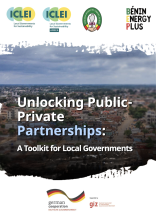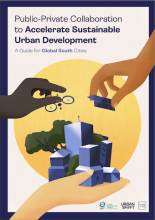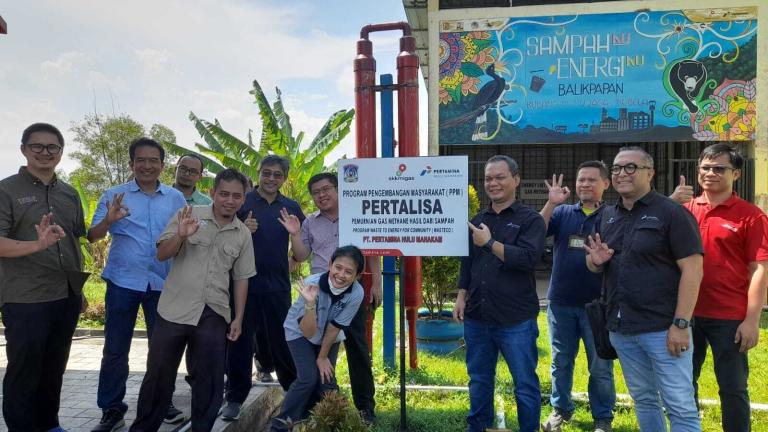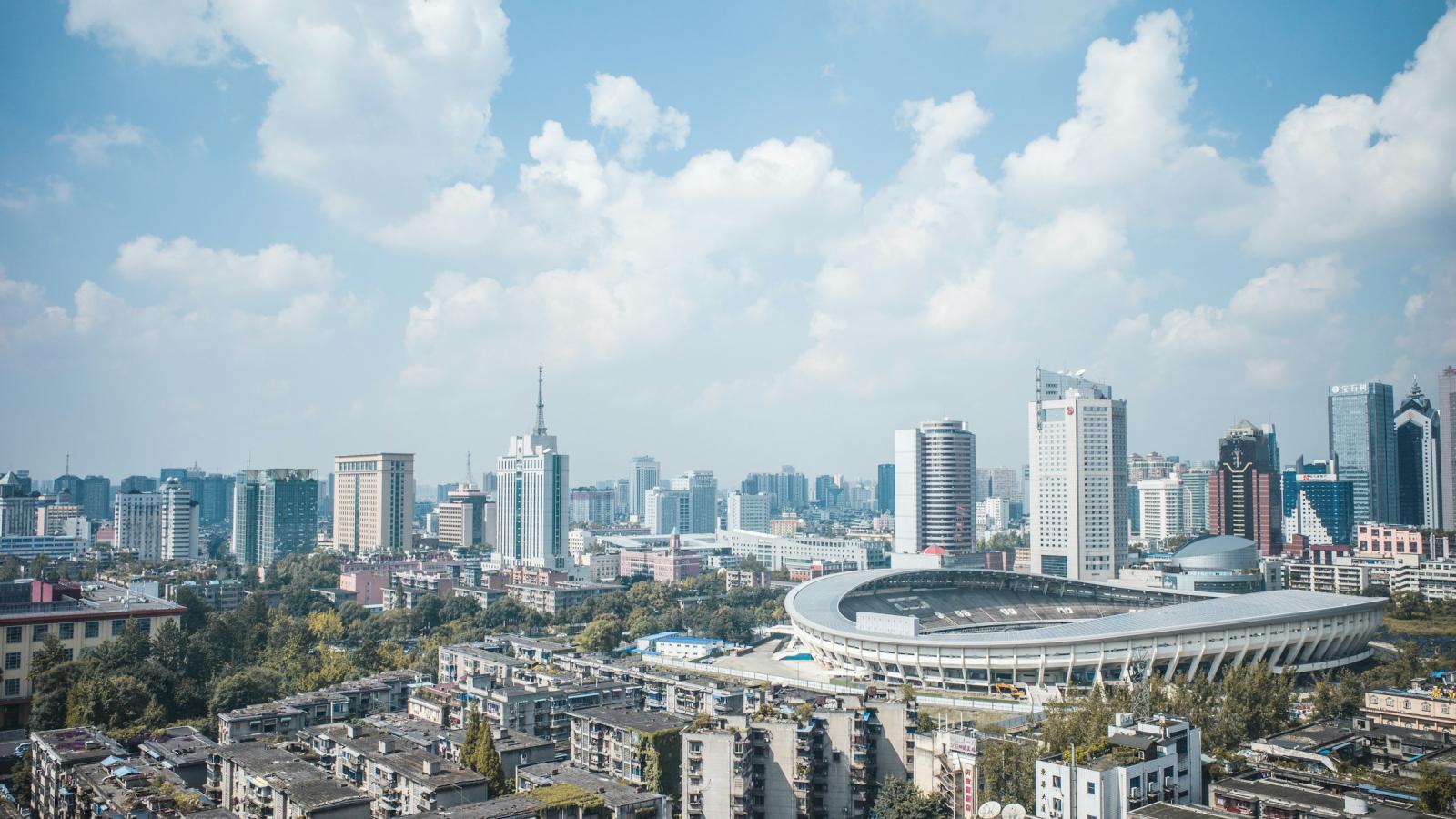China City-Business Collaboration Accelerator (CiBiX) Workshop
This workshop will accelerate public-private collaboration around waste reduction, management, and reuse in Chengdu.
The objective of the CiBiX Workshops is to increase mutual understanding between the public and private sector of urban sustainability opportunities and needs through targeted and personalized support offered by UrbanShift and ICLEI.
The main challenge identified for Chengdu is the continuous increase in urban domestic waste and industrial wastewater discharges, alongside the growing environmental pressure. This has necessitated the need for continuous improvement in waste treatment and recycling systems. Chengdu's ambition by 2030 is to implement a solid waste management system that not only addresses the increasing volumes of urban and industrial waste but also significantly incorporates waste treatment and recycling practices into the building and construction industry. This initiative is inspired by the principles of circular development and aims to establish sustainable construction practices that minimize waste and maximize resource efficiency.

Unlocking Public-Private Partnerships: A Toolkit for Local Governments
This report discusses empowering local governments with strategies for effective public-private partnerships in sustainable development.

Public-Private Collaboration to Accelerate Sustainable Urban Development: A Guide for Global South Cities
This guide draws on a set of thirty Global South city case studies and illustrates five models of public-private collaboration and the tactics needed to successfully implement these models.

Building Indonesia’s Approach to Waste Management in Balikpapan
As waste management poses a challenge across Indonesia, this city is showing how a community-based circular economy approach can address the crisis.

Second National-Local Dialogue for Morocco: From Vision to Local Action, Advancing the Circular Economy
Building on the first National-Local Dialogue, this convening offered an opportunity to deepen discussions around localizing circular economy principles across the country.

